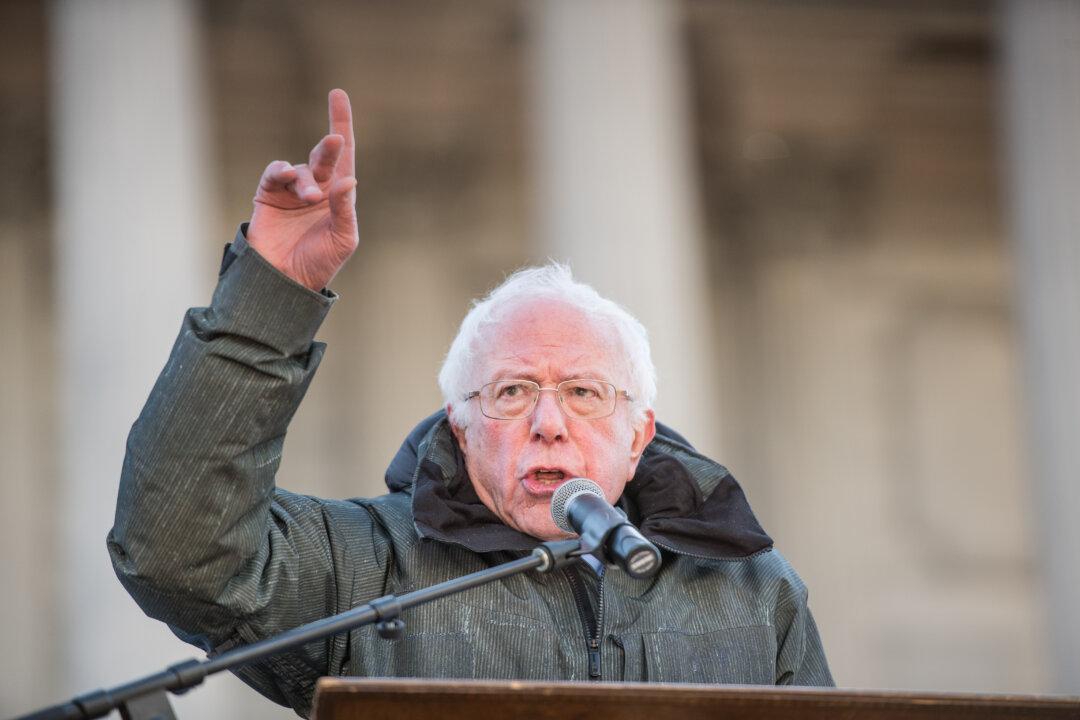Sen. Bernie Sanders, a self-identified socialist, announced his 2020 presidential bid on Feb. 19, joining a crowded field of far-left candidates vying for the Democratic nomination.
Sanders (I-Vt.) announced his candidacy in an email to supporters and a video posted on Twitter. The video features the socialist policies which have helped steer the Democratic party to the hard left, including Medicare for All, the Green New Deal, free public university tuition, and the $15 minimum wage.





